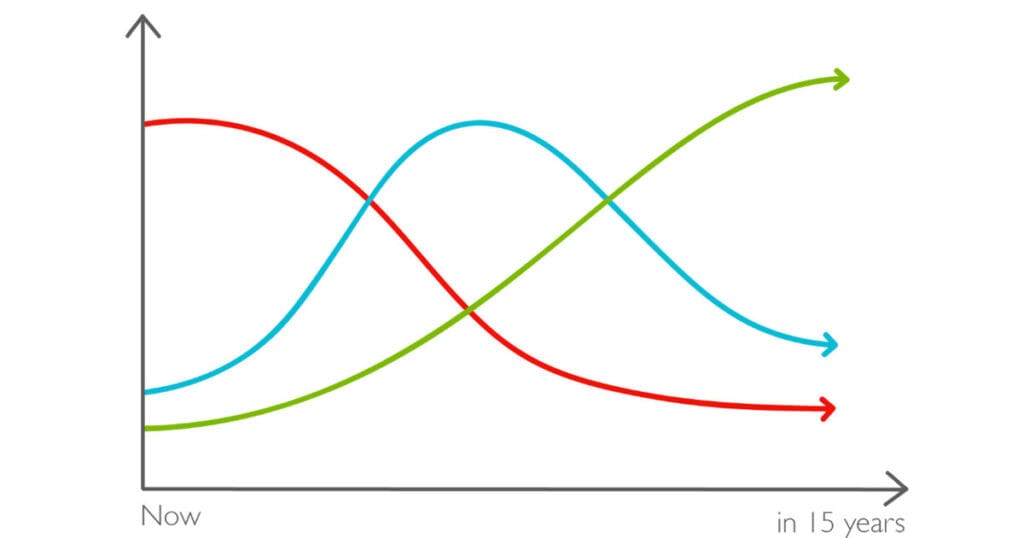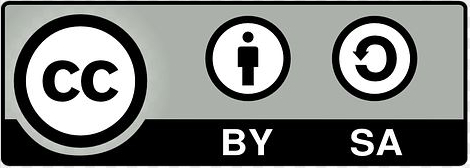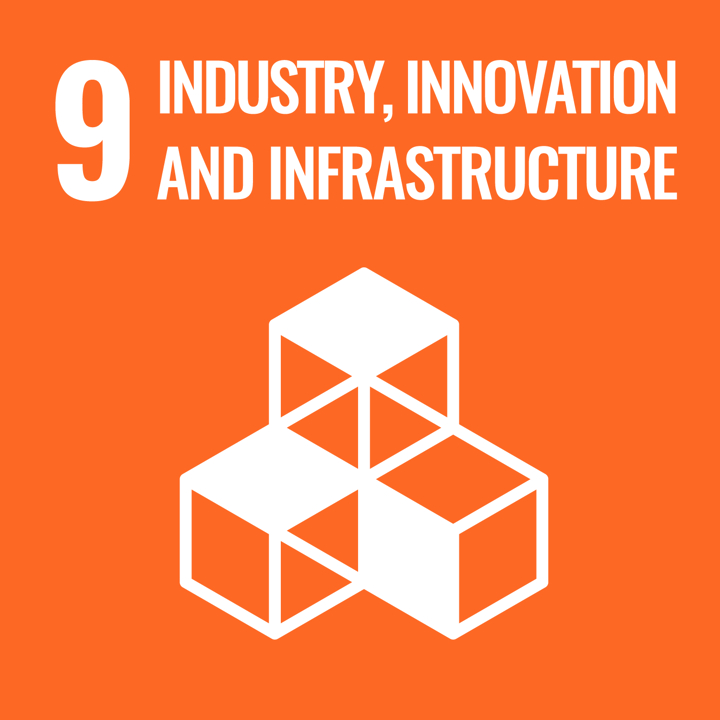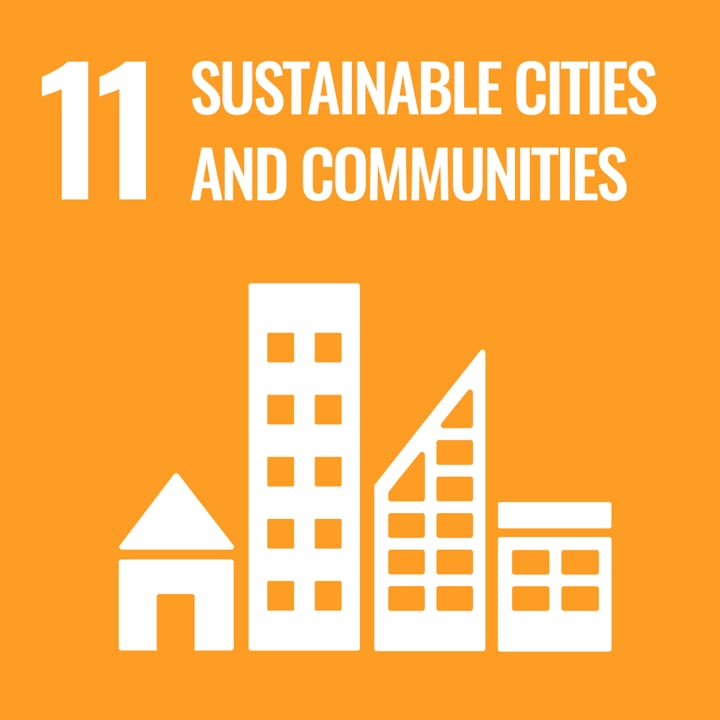
Intended End User: Teacher, School Leader
Age Group: Lower Secondary; Upper Secondary
School Curriculum: Science; Social & Environment Science; Business Studies; Applied Science
Themes and Topics: Collective Action; Economics; Futures Thinking; Food and Agriculture; School Leadership; Information & Knowledge
Duration: 90 minutes to 2 hours.
Type of Resource: Guidelines & Notes, Workshop
Keywords: Futures Literacy, Three Horizons Framework, Multiple Perspectives, Student-Centred Learning, School Leadership
Languages: English
Description
The Three Horizon model gives us a deeper understanding of the significance of what we usually call short, medium and long-term futures. The model is based on the observation that businesses, technologies, political policies and even whole civilisations exhibit life cycles of initiation, growth, peak performance, decline and even death. These cycles can be viewed as waves of change in which a dominant form is eventually overtaken and displaced by another.
The Three Horizons Tutorial and Facilitation Guide by H3Uni, can help teachers and school leaders to understand different perspectives about the future and map what needs to be done today. The facilitation guide provides instruction on how to build a Three Horizon sense-making map of an issue of concern in a way relevant to formulating visionary action for innovation and transformation.
The additional video introduction to the Three Horizons provide examples of how this framework can explore issues of food production. The Three Horizons Framework can be a valuable tool for stimulating a whole school or open school approach to Sustainability Citizenship.
How to use this resource
To use the Three Horizons Framework with students or stakeholder participants, the scope and purpose need to have been agreed, at least in draft form, before the session is convened. The Three Horizons Framework will be used in stage 1 of a 2-stage process. Stage 1 focuses on sense-making and moving out of horizon mindsets into the three horizon perspectives of futures consciousness.
Stage 2 is Three Horizons Action Planning. These are normally separate sessions with some time between, even if just a break in the day. Optionally, you can also insert the Three Horizons Multi-Actor Mapping method between stages 1 and 2 to broaden the understanding from the perspective of other actors.
The resources
H3Uni provide a Tutorial introduction to the Three Horizons Framework for those new to the approach. This will help you understand the terminology and how to use the resources. The Three Horizons Tutorial can be accessed here.
The Facilitation Guide can then be used to help teachers or school leaders lead a group of students or stakeholders through the process of Three Horizons thinking to engage with a recognised and agreed-upon challenge to create a sense-making map of an issue of concern in a way relevant to formulating visionary action for innovation and transformation. The Facilitation Guide can be accessed here.
Further Three Horizons introductory videos have been created by Future Stewards. The Introduction to Three Horizons and Three Voices videos are good supporting resources to engage participants on the topic of food production.
The H3Uni Resource Library provides tutorials and facilitation guides for methods and frameworks to improve your and your organisation’s effectiveness. These open-access resources promote strategies that will help you to transcend limitations and release untapped potential.
Learning Outcomes (Teachers)
- Elicit prior knowledge and further develop knowledge and comprehension of key Sustainability Citizenship key concepts, challenging established worldviews and values.
- Apply a range of suitable tools and frameworks to promote student Sustainability Citizenship
- Reflect on practice and examine national curricula to identify opportunities to promote Sustainability Citizenship in interdisciplinary ways and engage with external stakeholders.
- Collaboratively synthesise the knowledge, tools and frameworks to create educational materials and lessons plans adapted to their own local context
- Through workshop activities and communities of practice, build capacity and agency as Sustainability Citizenship educators and leaders.
Learning Outcomes (Leadership)
- Elicit prior knowledge and further develop knowledge and comprehension of key Sustainability Citizenship concepts to challenge established worldviews and values.
- Apply a range of suitable tools and frameworks to promote Sustainability Citizenship within their schools and communities.
- Examine their own national/regional curricula, educational policies, programmes and external stakeholders to identify opportunities to promote Sustainability Citizenship in their schools and communities.
- Collaboratively synthesise knowledge, tools and frameworks to create a vision for delivering a school environment that supports the development of Sustainability Citizenship in their community.
- Through workshop activities and communities of practice, build capacity as Sustainability Citizenship educators and leaders.
Green Competencies
- Embodying Sustainable Values: Valuing Sustainability
- Embracing Complexity in Sustainability: Systems Thinking; Critical Thinking; Problem Framing
- Envisioning Sustainable Futures: Futures Literacy; Adaptability; Exploratory Thinking
- Acting for Sustainability: Collective Action
Creative Commons

The Three Horizons Framework resources shared here were created by H3Uni and share under the Creative Commons Attribution-ShareAlike 4.0 International (CC BY-SA 4.0) license framework.
SDGs





